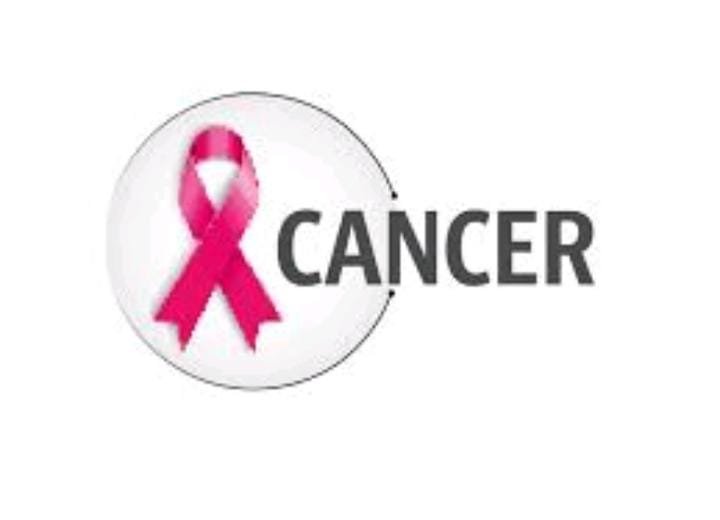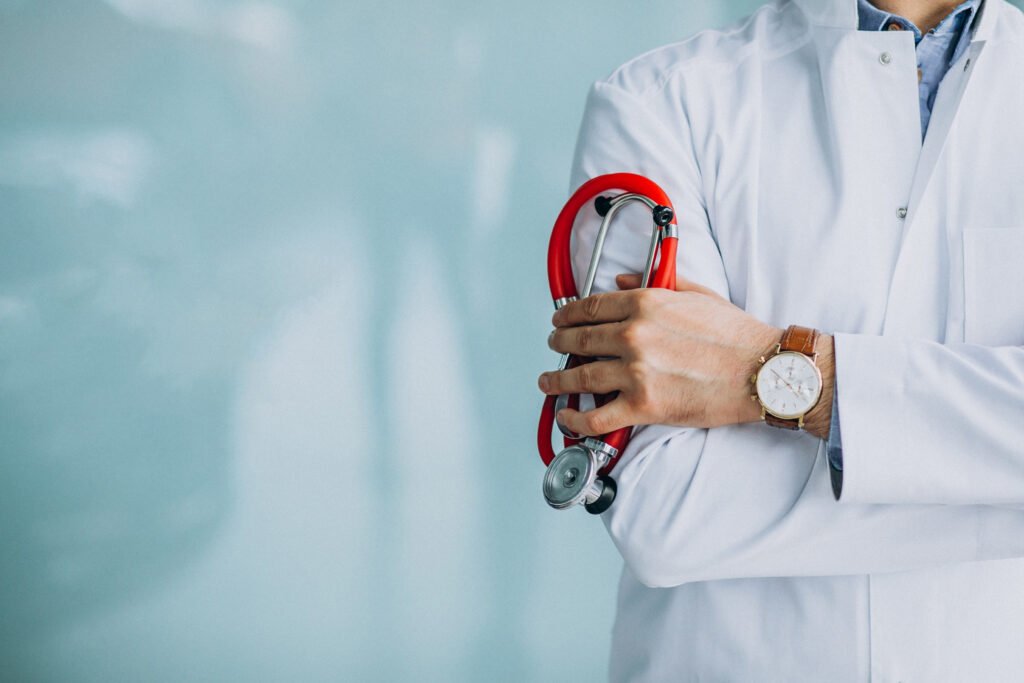
Comprehensive Guide to Cancer Treatment: Options, Advances, and Hope
Cancer is a life-changing diagnosis that affects millions of people around the world every year. While the word “cancer” may spark fear, modern medicine has made significant progress in understanding and treating the disease. With early detection, personalized care, and evolving technology, many cancers are now treatable, and some even curable. In this blog, we will explore the various types of cancer treatments, how they work, and what patients can expect during their journey toward recovery.

What Is Cancer and How Is It Treated?
Cancer occurs when cells in the body grow uncontrollably and spread to other parts of the body. Treatment varies depending on the type, stage, and location of cancer, as well as the patient’s overall health. The goal of cancer treatment is to remove cancer, stop its growth, or relieve symptoms.
Main Goals of Cancer Treatment:
- Curative: Aim to eliminate cancer entirely.
- Palliative: Help relieve symptoms when the cancer is advanced.
- Adjuvant/Neoadjuvant: Used before or after primary treatment to improve results.
Common Types of Cancer Treatments
1. Surgery
Surgery is often the first step in treating localized cancers. The goal is to remove the tumor and surrounding tissue to prevent the spread of cancer.
Benefits:
- Immediate removal of tumor
- Provides biopsy samples for accurate diagnosis
When It’s Used:
- Early-stage cancers like breast, colon, prostate, or skin cancer
- To reduce tumor size before other treatments
2. Chemotherapy
Chemotherapy uses drugs to kill or slow the growth of cancer cells. It can be administered through pills, injections, or intravenous (IV) infusions.
Pros:
- Can treat widespread or metastatic cancer
- Often used in combination with other treatments
Common Side Effects:
- Nausea
- Hair loss
- Fatigue
- Weakened immune system
3. Radiation Therapy
Radiation therapy uses high-energy rays to destroy cancer cells. It is often used as a localized treatment and can be external or internal (brachytherapy).
When It’s Effective:
- For cancers like brain, breast, prostate, and head/neck cancers
- Can shrink tumors before surgery or kill leftover cells after
Side Effects:
- Skin irritation
- Fatigue
- Changes in appetite or digestion
4. Immunotherapy
Immunotherapy helps the immune system recognize and fight cancer cells more effectively. This treatment is showing promising results for cancers that are hard to treat with traditional methods.
Types of Immunotherapy:
- Checkpoint inhibitors
- CAR T-cell therapy
- Cancer vaccines
Best For:
- Lung cancer
- Melanoma
- Some blood cancers
5. Targeted Therapy
Unlike chemotherapy, targeted therapy focuses on specific molecules and pathways that cancer cells use to grow and divide. These treatments have fewer side effects and can be more effective for certain types of cancer.
Examples:
- HER2 inhibitors for breast cancer
- EGFR inhibitors for lung cancer
Benefits:
- Personalized treatment
- Often fewer side effects than chemo
6. Hormone Therapy
This treatment is mainly used for cancers that grow in response to hormones, such as breast and prostate cancer. Hormone therapy blocks or reduces hormone levels to slow down or stop cancer growth.
Used For:
- Estrogen-positive breast cancer
- Prostate cancer
Side Effects:
- Hot flashes
- Mood changes
- Sexual dysfunction
New and Emerging Cancer Treatments
1. Precision Medicine
Also known as personalized medicine, this approach tailors treatment based on the patient’s genetic makeup and the genetic profile of their tumor.
Why It Matters:
- Improves effectiveness
- Reduces side effects
- Offers hope for rare and resistant cancers
2. Stem Cell Transplant
Mostly used in blood cancers like leukemia or lymphoma, this treatment involves replacing damaged bone marrow with healthy stem cells.
Procedure Includes:
- High-dose chemotherapy
- Stem cell infusion
- Immune system rebuilding
3. Photodynamic Therapy (PDT)
PDT uses light-sensitive drugs that become active when exposed to a specific light source. It destroys cancer cells with minimal damage to surrounding tissue.
Best For:
- Skin cancer
- Esophageal cancer
- Lung cancer (early-stage)
What to Expect During Cancer Treatment
Initial Consultation
Once diagnosed, patients typically meet with an oncologist who will create a treatment plan based on several factors like stage, location, and patient preferences.
Side Effects Management
Doctors now use supportive therapies to reduce side effects. For instance:
- Anti-nausea drugs during chemo
- Pain management medications
- Nutritional support and counseling
Emotional Support
Cancer affects mental health, so emotional support is essential. Many hospitals offer:
- Counseling
- Support groups
- Yoga and relaxation therapy
Lifestyle During Treatment
Maintaining a healthy lifestyle can improve the effectiveness of treatment and overall quality of life.
Tips:
- Eat a balanced, nutritious diet
- Stay hydrated
- Get mild to moderate exercise
- Prioritize sleep
- Avoid alcohol and tobacco
Importance of Early Detection and Regular Screening
Many cancers are curable if detected early. Regular check-ups, screenings, and being aware of early warning signs (like lumps, unexplained weight loss, or fatigue) can make a life-saving difference.
Common Screenings Include:
- Mammograms (breast cancer)
- Colonoscopies (colon cancer)
- Pap smears (cervical cancer)
- PSA tests (prostate cancer)
Conclusion: Hope Through Innovation
Cancer is no longer the death sentence it once was. With early detection, personalized treatment plans, and continued advancements in medical research, more people are surviving and thriving after cancer than ever before. Whether you or someone you love is battling cancer, remember that support, information, and advanced care are available. Never hesitate to ask questions, explore options, and seek second opinions.

Besteon
October 8, 2025You always manage to brighten my feed with positivity